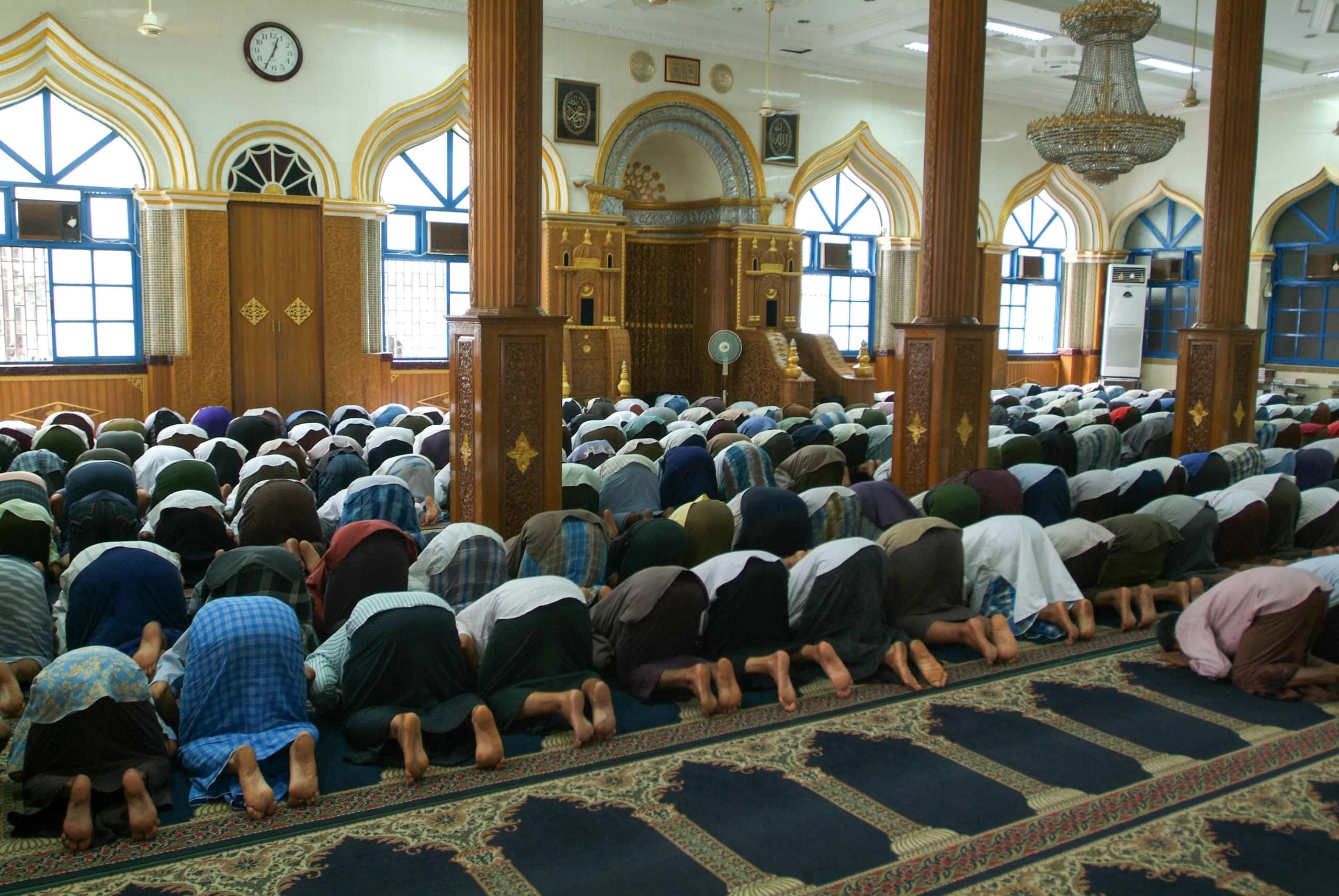
Belgian authorities have revoked the residency permit of Mohamed Toujgani, a Moroccan national and the head imam at the Al-Kalil Grand Mosque in Molenbeek, the largest and most consequential mosque in the country, citing concerns over national security.
In a report published last week, Belgian Secretary of State for Asylum and Migration Sammy Mahdi announced that the residency permit of Imam Toujagani, who in 2019 delivered a speech where he called for Jews to be burned, had been rescinded after the government concluded that he posed a major threat to the country’s national security, PAL NWS reports.
Before receiving a deportation order and being slapped with a ten-year ban last October, Toujagini, who’s been described as the most influential radical preacher in Belgium, had lived in the country since 1982.
Mahdi, the official who ultimately brought forward the 10-year ban, said he did so based on information from the security services, which had been surveilling Toujagini for years, and because the radical imam had shown signs of being a severe threat to national security.
In the past, space has too often been given to Islamist preachers who spread hate speech. Toujagani was probably the most influential and we want to send the message that those who sow hatred, divide society and threaten national security are not welcome in Belgium.
Mahdi told the Flemish outlet VRT.
In addition to being suspected of carrying out espionage work for the Moroccan government, one of the deciding factors that resulted in Toujagini’s residence permit being revoked was a recently resurfaced video that shows him delivering a fiery speech in front of a large contingent of faithful Muslims. In the speech, Toujagini said:
Lord, Master of the Worlds, pour fear into the heart Zionist oppressors…. Lord, make the blood of the martyrs a weapon under the feet of the Zionist oppressors, and let this blood be a blazing fire that burns them and a wind that chastises them.
The influential Molenbeek imam later attempted to justify his statements by saying that they were an emotional reaction to the situation in the Gaza Strip in 2009.
Mathias Vanden Borre, an MEP for the New Flemish Alliance (N-VA) party, praised the state’s decision to rescind Toujagini’s residency permit but also warned that dangers posed by Islamism persist in the Belgian capital.
“Unfortunately, he is not the only preacher who sows division and attacks the enlightened principles of Western democracy,” the MEP said, before calling on Brussels to set up a screening service modeled after methods used by the Flemish to surveil radical Islamist preachers.
“There is at least a need for a ban on foreign financial flows and interference in religious communities in Brussels. Only in this way is a truly shared society with respect for our Western enlightened values possible,” Vanden Borre added.
Vanden Borre’s sentiments were echoed by his party colleague and Molenbeek councilor Laurent Mutambayi, who said that the municipality had endured “a lot of damage due to Islamism” in recent years.
“There is simply no place for imams who speak incendiary language and whose language poses a danger to society. In the next city council, I will question the mayor Moureaux about this,” Mutambayi argued.
For years now, the Brussel’s district of Molenbeek has been widely regarded as Europe’s most infamous cesspool of radical Islamic extremism. In 2015, following the Paris Bataclan terrorist attack which saw 130 people slaughtered during coordinated mass shootings and suicide bombings, Salah Abdeslam—the only surviving member of the attackers—fled to Molenbeek, where Islamists jihadists kept him hidden from authorities for several months.
